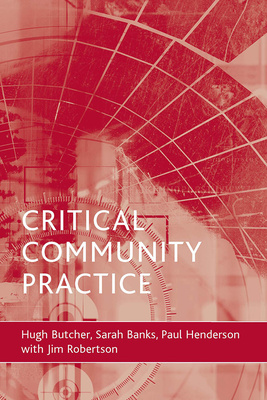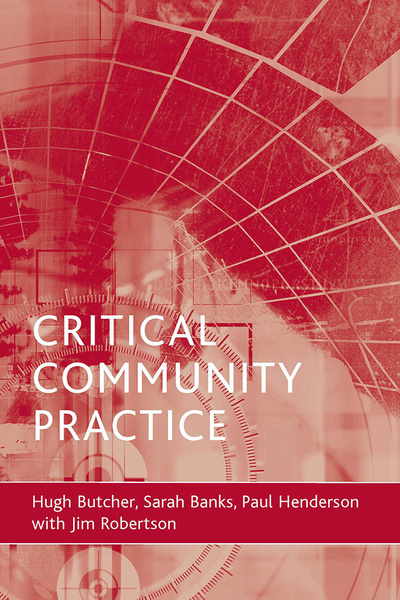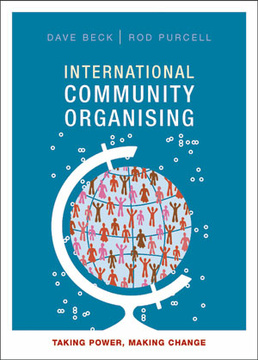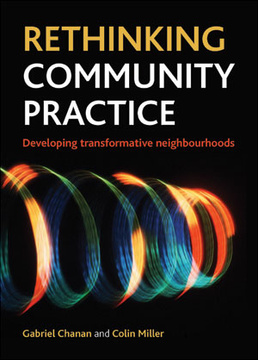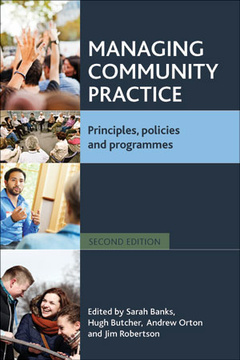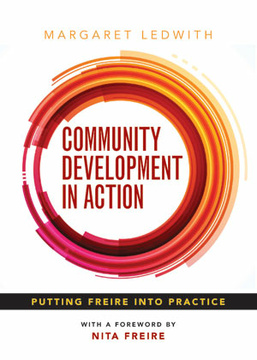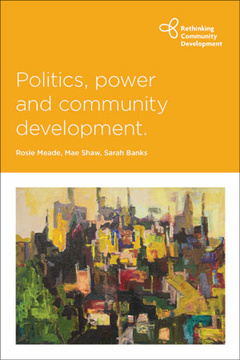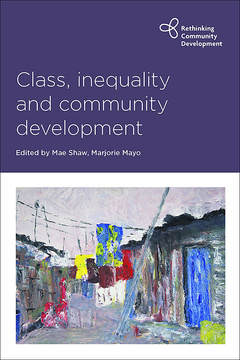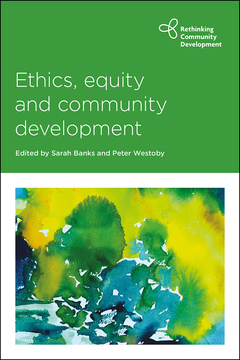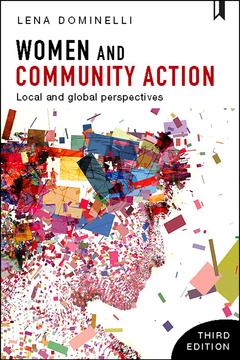Critical community practice
By Hugh L Butcher, with, Sarah Banks, Paul Henderson and Jim Robertson
Published
Sep 12, 2007Page count
192 pagesISBN
978-1861347916Dimensions
234 x 156 mmImprint
Policy PressPublished
Sep 12, 2007Page count
160 pagesISBN
978-1861347923Dimensions
234 x 156 mmImprint
Policy PressWith the increasing focus on 'community' as the site for renewing democracy, improving policymaking and enhancing service delivery, this book provides a challenging approach to understanding community practice. It offers a much-needed theoretical perspective, sets out an analysis of power and empowerment and explores new ways of understanding active citizenship.
The book covers a wide range of theoretical and practice topics. First presenting a model of critical community practice, the authors draw upon a variety of case studies from Britain and elsewhere to discuss this in the context of work in and with community groups; management; policy and politics; and development of the critical practitioner.
Demands being placed on individuals and organisations have become increasingly complex and greater clarity about community practice is needed. This book, designed to complement the authors' edited volume "Managing Community Practice" (The Policy Press, 2003) provides just that.
The book's content will be of particular interest to those following the debates on community involvement in regeneration, social inclusion and health improvement programmes. It will provide a resource for those already engaged in community practice and thus inform the work of local authorities, government agencies, voluntary organisations and partnerships. It will be relevant reading for all those people working to promote change and development in communities. It will also be an essential text for students on a range of professional and management programmes in community development, health, housing, planning and other disciplines with a community focus.
"This book combines critical theoretical analysis with reflective professional practice, illustrated with examples drawn from diverse professional contexts. It will provide an invaluable resource for students and practising professionals alike - I shall certainly be strongly recommending this as a key text for my students." Marjorie Mayo, Goldsmiths, University of London
"The centrality of concepts such as 'critical consciousness' and thinkers such as Freire and Grimsci, make this an essential text in a community work world where few of us have time to look beneath the surface." A J Rimmer, Salford University
"This is a very valuable critical introduction to theory, policy and practice issues related to community practice." Sarah Cemlyn, University of Bristol
"Written with scholarly perceptiveness, 'Critical Community Practice' has come on the shelf at an apposite time especially when the role of community has secured worldwide recognition. ......the richness of the volume lies in its innovative ideas that accentuate an alternative model for community empowerment,...." Community Development Journal Vol 44:1
"This book provides much needed guidance at an opportune moment. It draws from rich experiences at home and abroad to recommend a kind of community engagement that aims toward social justice and individual empowerment at the same time. It should be read by all those hoping to understand and enrich the quality of local democracy." Archon Fung, John F Kennedy School of Government, Harvard University
NB POSSIBLE SHORT VERSION OF ARCHON'S TESTIMONIAL FOR BCC:
"This book provides much needed guidance at an opportune moment. It should be read by all those hoping to understand and enrich the quality of local democracy." Archon Fung, John F Kennedy School of Government, Harvard University
SEE MAYO'S TESTIMONIAL IN REVIEWS
Hugh Butcher researches, writes and publishes as an independent consultant in the fields of community practice and higher education development. He has worked in community development, as a tutor in social policy, and in educational management and was, until recently, Head of Department of Applied Social Science and Humanities at Bradford College, West Yorkshire, UK. He contributed to, and co-edited "Community and Public Policy and Managing Community Practice".
Sarah Banks is Professor in the School of Applied Social Sciences, Durham University, UK. She teaches and researches in the fields of community practice and development, youth work and professional ethics. Her publications include "Ethics and Values in Social Work; Ethics, Accountability and the Social Professions" and edited collections: "Managing Community Practice, Ethical Issues in Youth Work" and "Teaching Practical Ethics for the Social Professions".
Paul Henderson is a consultant and writer on community development, having previously been Visiting Professor at De Montfort University, UK and Director of Practice Development at the Community Development Foundation. Co-authored publications include "Skills in Neighbourhood Work" and "Social Exclusion and Community Development" and the edited publication "Managing Community Practice". He is a Trustee of the Joseph Rowntree Charitable Trust.
Jim Robertson is a former Senior Lecturer in the School of Health, Community and Education Studies, Northumbria University. He is currently Chair of the Churches Community Work Alliance and is co-author of the publication "Acting in Good Faith" (2004) concerned with church-related community development. Current practice experience includes a management role in projects enabling community development learning in disadvantaged areas of North East England.
Introduction; Power and empowerment: the foundations of critical community practice; What is critical community practice? Case studies and analysis; Towards a model of critical community practice; Working in and with community groups and organisations: processes and practices; Critical community practice: organisational leadership and management; Politics and policy: a critical community practice perspective; Becoming critical: developing the community practitioner; Conclusions.







